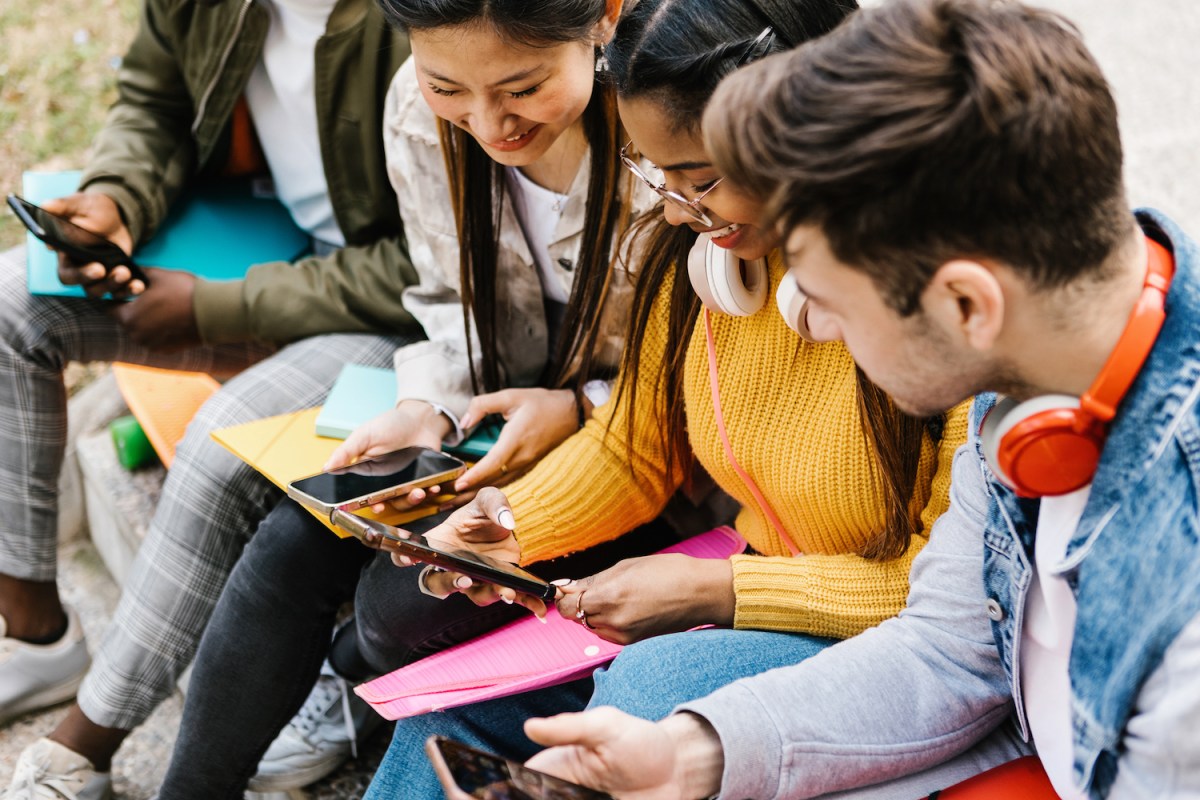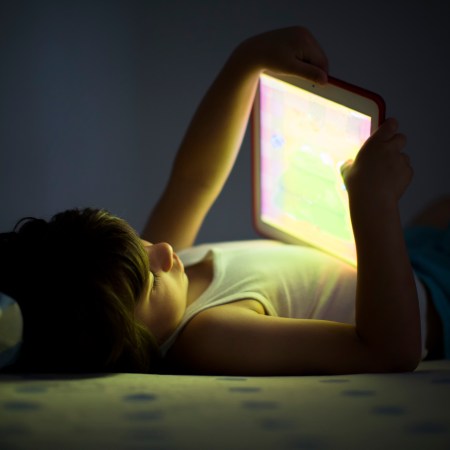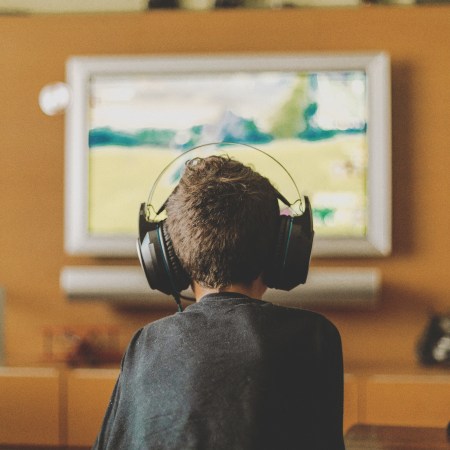For most sane adults, it’s easy to spot a troll on Facebook or know it’s a good idea not to stalk your ex’s new partner’s every move on the ‘gram. (Let’s be real, we’re all guilty of this, but we realize it’s foolish). But for adolescents, online life can have a much bigger impact at a time when they might be experiencing growing pains or at an age when their peers are just plain mean. The American Psychological Association (APA) knows this all too well, which is why it released its inaugural health advisory on social media use this week.
The information is geared toward adults so they can understand how social media might negatively impact youths. And one of the biggest takeaways is how to understand your kids’ social media routines and when to tell if something is off because of the digital platforms. One of the biggest red flags is when physical movement or sleep is declining because of social media, or if your kid is lying to you in order to keep using social media past their allotted time.
“Insufficient sleep is associated with disruptions to neurological development in adolescent brains, teens’ emotional functioning and risk for suicide,” the advisory states.
Body Image Issues Are Affecting the Health of Young Men
Research suggests some worrying trendsI mean, it makes sense — absolutely no one should be losing sleep to mindlessly scroll on their tiny hand computer. But some of the other recommendations are more difficult to manage. For example, the APA advises limiting the time that adolescents spend comparing themselves to others on the apps, “particularly around beauty- or appearance-related content.” Negative social feedback can lead to things like eating disorders and poor body image, especially among women, which is awful considering that societal norms make females feel this way, whether we’re on the apps or not. But again, if even fully developed adults have difficulty doing this, how could you possibly stop a teen from thinking the same thoughts?
That may seem tough, but one recommendation is something we can all be more cognizant of — setting a good example when it comes to social media use. If you’re distracted by your phone every time your kid is trying to talk to you (or if anyone is trying to talk to you, for that matter), they’re going to recognize it and imitate the behavior.
“Science demonstrates that adults’ (e.g., caregivers’) orientation and attitudes toward social media (e.g., using during interactions with their children, being distracted from in-person interactions by social media use) may affect adolescents’ own use of social media,” the advisory says.
We all know we could benefit from less time on social media, but it’s always good to get reminders like this.
Whether you’re looking to get into shape, or just get out of a funk, The Charge has got you covered. Sign up for our new wellness newsletter today.


















